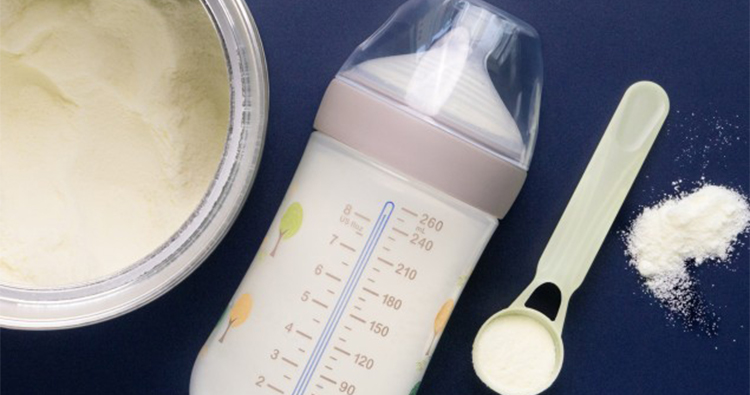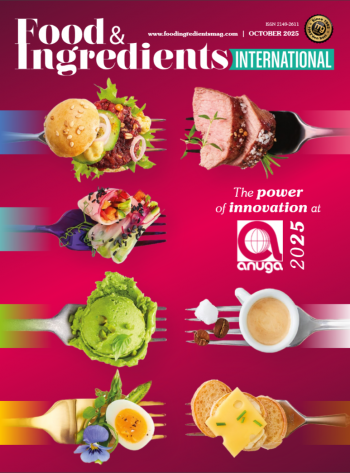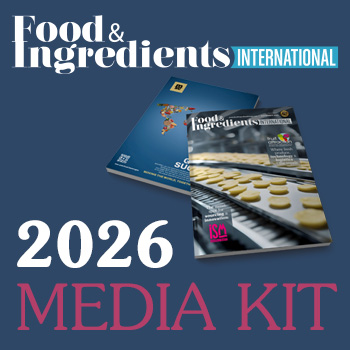WACKER, a European leader in biotechnology solutions, and BENEO, a global manufacturer of functional ingredients for food, feed, and pharma, are proud to announce the global launch of the human milk oligosaccharide (HMO) 2’-Fucosyllactose (2’-FL). This breakthrough product will first be available to the European market in the coming weeks, marking the successful result of their global strategic partnership aimed at enhancing early-life nutrition. 2’-FL, the predominant and most extensively studied HMO, will significantly increase the availability of HMOs for infant formula manufacturers, ensuring both supply security and high product quality.
2’-FL, found naturally in breast milk, belongs to a group of complex, indigestible carbohydrates, essential for infant development. These HMOs help support the growth of a healthy gut microbiota, strengthen immune systems, and contribute to metabolic health and neurodevelopment. By closely resembling the composition of breast milk, 2’-FL plays a crucial role in enabling infant formulas to achieve the gold standard in early-life nutrition.
The production of 2’-FL will take place in Europe, where WACKER will utilize precision fermentation with a patented strain to produce the HMO. BENEO will be responsible for the commercialization of 2’-FL, bringing its extensive knowledge in scientific research and the global market for infant nutrition to the partnership.
Olivier Roques, CEO of BENEO, commented: “The launch of 2’-FL complements our portfolio of proven prebiotics and offers exciting possibilities for effective combinations, particularly in infant nutrition. We are excited to partner with WACKER, whose expertise in biotechnology will be invaluable as we introduce this new product to the market.”
Mathias Wiedemann, President of WACKER Biosolutions, added: “This collaboration merges WACKER’s biotech production capabilities with BENEO’s market knowledge, positioning us to meet the increasing demand for HMOs in the infant nutrition sector.”
The global market for HMOs is expected to grow substantially, from USD 180 million in 2022 to nearly USD 900 million by 2032, with a compound annual growth rate (CAGR) of over 17%. This growth is driven by the rising number of infant formula products incorporating HMOs, which increased from 4% in 2018 to 20% in 2023.




















